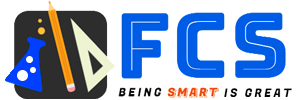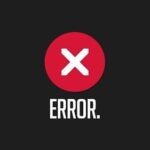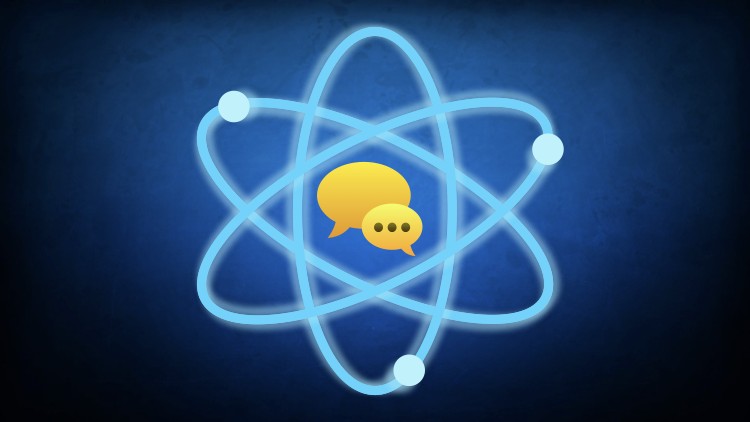The Vocabulary of Science: First Steps to Science Literacy
Learn to think more critically about science by mastering the language we use to talk about science
What you’ll learn
The Vocabulary of Science: First Steps to Science Literacy
- Master the different ways that scientists use key terms like “theory”, “fact”, “law”, “hypothesis”, and “model”
- Analyze arguments and fallacies about science that turn on the meaning of these concepts
- Build a foundation for understanding science and debates about science
- Recognize the most common confusions that people who write about science are prone to make
Requirements
-
No previous knowledge or training is required. Only a sincere interest in learning more about the nature of science and scientific reasoning.
Description
WHAT IS THIS COURSE ABOUT?
Is evolution a theory, a fact, or both? This question has been debated by critics and defenders of evolution for many years.
Some claim that evolution is a theory, not a fact. Others claim that evolution is a fact, not a theory. And still, others say that evolution is both a theory and a fact.
What exactly is going on here?
One reason why the debate persists is that people disagree not only on the strength of the evidence for evolution but also on the meanings of the key terms, “theory” and “fact”.
ABOUT YOUR INSTRUCTOR
I have 20 years of experience teaching the history and philosophy of science at the university level, but now I work as an independent online educator. I have given lectures on the topic of science literacy to national and international audiences.
WHO IS THIS COURSE FOR, AND WHAT WILL YOU LEARN?
This course is for anyone interested in learning more about how a philosopher of science thinks about science and scientific reasoning.
It will be of special interest to science students, science educators of all kinds, and people interested in debates about the nature of science.
You’ll learn the most common confusions made by people who write about science.
And you’ll have an opportunity to test your understanding through quizzes and a video critique assignment.
Who this course is for:
- Science educators and science enthusiasts of all types
- Anyone interested in learning how to better communicate with others about scientific issues, and engage constructively in scientific debates
- Anyone interested in understanding how science really works
- Anyone interested in the history and philosophy of science











Add Comment